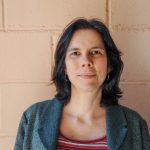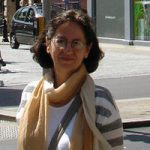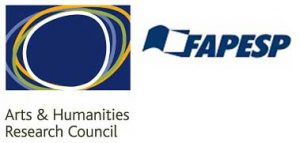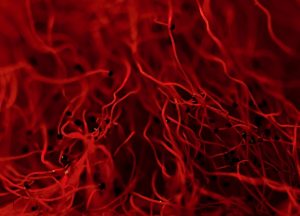
One of the most significant philosopher of our time, Alain Badiou, is heading to the University of Reading this November for the The Moving Form of Film: Exploring intermediality as a historiographic method conference, about the discussion of intermediality as a historiographic method in film.
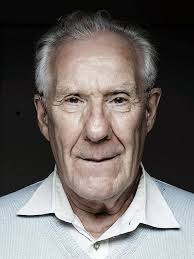 The former chair of Philosophy at the École normale supérieure (ENS) and co-founder of the faculty of Philosophy of the Université de Paris VIII says: ‘Cinema is the seventh art in a very particular sense. It does not add itself to the other six while remaining on the same level as them. Rather, it implies them – cinema is the “plus-one” of the arts. It operates on the other arts, using them as its starting point, in a movement that subtracts them from themselves’ (2005: 79).
The former chair of Philosophy at the École normale supérieure (ENS) and co-founder of the faculty of Philosophy of the Université de Paris VIII says: ‘Cinema is the seventh art in a very particular sense. It does not add itself to the other six while remaining on the same level as them. Rather, it implies them – cinema is the “plus-one” of the arts. It operates on the other arts, using them as its starting point, in a movement that subtracts them from themselves’ (2005: 79).
The Moving Form of Film: Exploring intermediality as a historiographic method will build on such an understanding by investigating the ways in which intermediality, rather than obstructing, enhances film’s artistic endeavour. More pointedly, it will ask: how can intermediality help us to understand the history of cinema as a whole?
From its birth, the film media has fuelled debates around its possible specificity versus its connections with other arts and media.
As digital technologies that trigger and depend on media convergence advance, it has become indisputable that film is inherently intermedial, giving scope for reconsidering film history in light of the medium’s moving, all- encompassing form.
This conference will look at medial interstices, intercultural encounters and creative clashes where the specificities of cinema are questioned and re-fertilised into new forms. Its ultimate aim will be to stimulate an overarching exploration of and theorising on the uses of intermediality as a historiographic method.
The conference will also host a screening of Dong, a documentary directed by China’s greatest filmmaker Jia Zhangke (who may be in attendance himself) on the celebrated painter Liu Xiaodong, followed by a discussion with:
 |
Cecília Mello | Lecturer in Film |
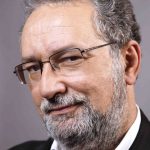 |
Jean-Michel Frodon | Journalist, critic and professor at Sciences Po Paris |
Speakers also include:
For more information, visit the conference website or contact IntermIdia
Call for Papers
We welcome proposals which explore the following issues, with particular emphasis on histories and historiographies of cinema and the film medium:
- Intermediality and historiography;
- Intermediality and the history(ies) of cinema
- Intermedial and intercultural encounters;
- Intermediality as hybridity;
- National cinema(s) and intermediality;
- Experimental cinema and intermediality;
- Early Cinema and intermediality;
- Multi-mediality in New Cinemas;
- Border-crossings in genres and genders;
- Intermediality and new technologies;
- Comparative medial approaches across regional, national and transnational cinemas.
Submission Guidelines
All proposals should be on subjects relevant to the objectives of the conference, as described above. Proposals must be submitted in English. Please submit your title, abstract (max. 300 words), short bio (max. 150 words), e-mail address and institutional affiliation.
Proposals should be submitted by email: intermidia@reading.ac.uk
Deadline for submissions is Friday 30 June 2017.
Notification of accepted proposals will be given by Monday 31 July 2017.
Details of the registration fee, the conference programme, and the registration process will be announced shortly thereafter on the IntermIdia Project website.
As part of the AHRC/FAPESP-funded IntermIdia Project (www.reading.ac.uk/intermidia), led by investigators from the University of Reading (UoR), UK, and the Federal University of São Carlos (UFSCar), Brazil, this international conference seeks to invite discussion of intermediality as a historiographic method.
Conference Convenor: Prof Lúcia Nagib



